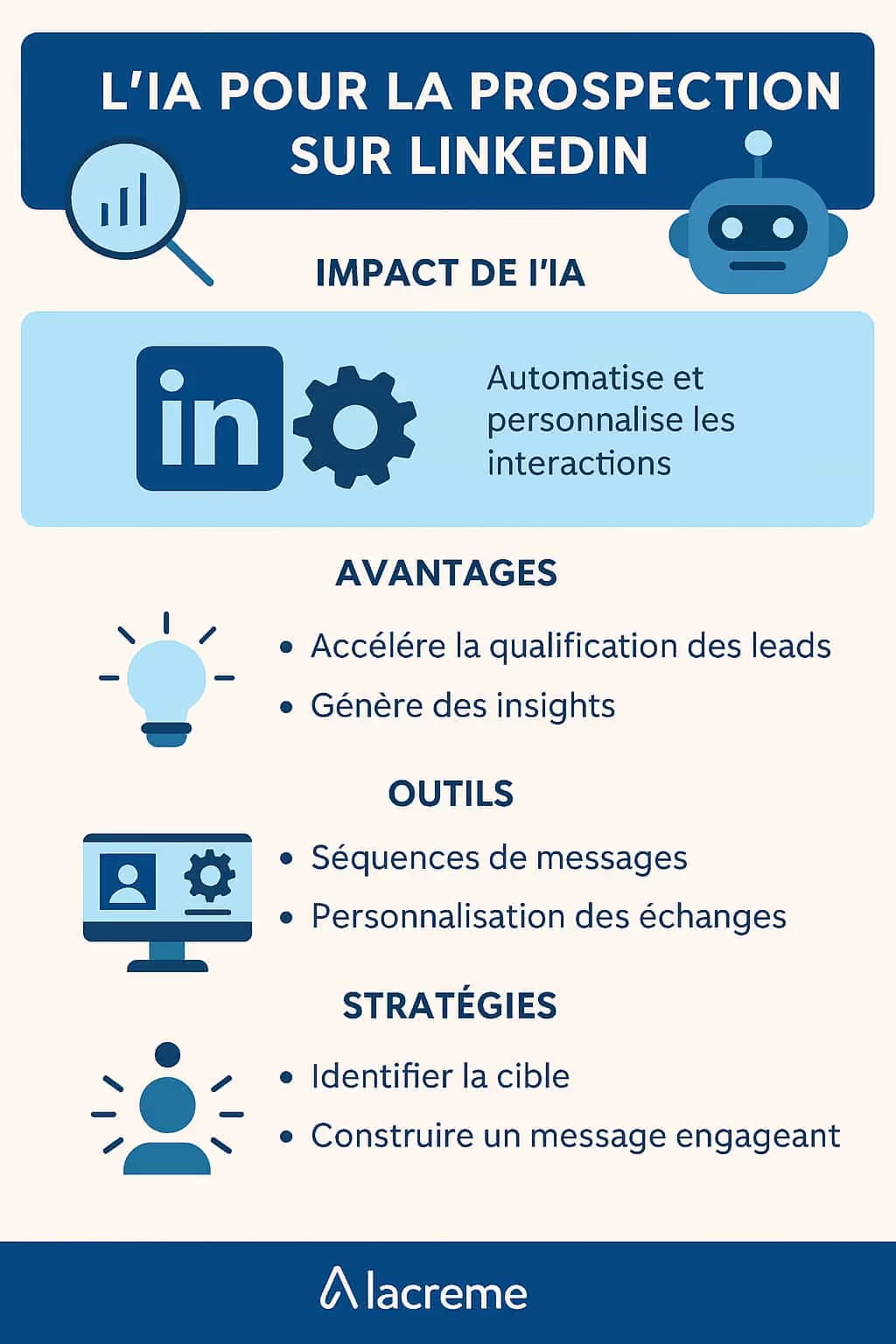The advent ofartificial intelligence (IA) is reshaping the education and training landscape, offering new perspectives forteaching and learning. In this comprehensive article, we'll look at how AI is affecting the educational field, its potential applications for tailor-made learning, its supporting role for teachers, its impact on the vocational training, the ethical considerations to take into account, and the future challenges to anticipate in this constantly evolving field.
Introduction: Understanding the Foundations of AI in Education
At the crossroads between advanced computing and pedagogy, AI in education refers to the use of intelligent systems capable of performing complex tasks by simulating human intelligence. This includesmachine learning, neural networks, natural language processing, and many other technologies. These tools have the ability to transform the way knowledge is delivered and assimilated, providing personalized learning experiences that adapt to the pace and learning style of each student.
Artificial Intelligence: A Lever for Personalized Learning
AI and Adaptation of Educational Pathways
One of the major benefits of AI in education is the ability to personalize learning. Intelligent systems assess a student's proficiency level in real time and adjust course content accordingly. This allows learners to progress at their own speed, consolidating their understanding before moving on to more complex concepts. Les adaptive learning platforms have led to the emergence of tailor-made courses that motivate students and reinforce the acquisition of knowledge.
AI Tools to Support Student Engagement
Applications such as educational chatbots assist students individually, making learning interactive and engaging. These AI tools provide immediate and personalized feedback that can correct student errors and deepen their understanding of the topics covered. In addition, predictive analytics helps teachers to identify students who may encounter difficulties, allowing them to intervene proactively to support the learner.
Teachers and AI: Partners for Educational Innovation
AI Course Preparation Resources
Les teachers are using more and more AI tools to enrich their teaching. These technologies can analyze large data sets to suggest relevant educational resources or innovative teaching approaches. This allows teachers to spend less time on the administrative and logistical aspects of course preparation and to focus more on classroom interactions and meeting individual student needs.
The Impact of AI on Teaching Methodologies
Integrating AI into teaching strategies makes it possible to exploit evidence-based teaching techniques. For example, AI platforms promote blended pedagogy that combines online and in-person learning, adapting the educational experience to optimize student engagement and understanding. AI also supports the development of simulations and serious games that enhance experiential learning and discovery.
Impact of AI on the Evolution of Professional Training
Futures of Jobs and Skills in the Age of AI
In a rapidly changing world of work, AI plays a crucial role in continuing vocational training. AI systems analyze market trends and recommend training paths to help professionals acquire the skills that are most in demand. This ensures that the workforce remains competitive and aligned with the future needs of industries.
Continuing Education in the Age of Artificial Intelligence
AI facilitates access to flexible and accessible training, which is crucial for continuing professional development. AI-based online training platforms allow everyone to learn at their own pace, from any location. Thus, AI democratizes access to education and opens up new paths for career development, regardless of geographic or temporal constraints.
Ethical Issues and Equitable Access to Education through AI
Data Protection and Learner Privacy
The deployment of AI in education raises questions of data protection and privacy. Intelligent systems collect and analyze vast amounts of information about student learning behaviors, requiring rigorous management and high security standards to protect learners from possible abuse.
Ensuring Equity in Access to AI Resources
Equitable access to quality educational resources is a major concern in the adoption of AI in education. It is essential to ensure that technological advances benefit all learners, regardless of socio-economic or geographic location. Policies and programs should work to reduce the digital divide so that AI does not widen the gaps but, on the contrary, promotes inclusion and equal opportunities.
Conclusions: Anticipating Future Challenges of AI in Education
Faced with the rapid progress ofartificial intelligence, the education sector must remain agile and ready to take on new challenges. It will be essential to adapt curricula to integrate the teaching of digital skills fundamental, to anticipate changes in the job market and to maintain a ethical approach taking into account the implications of data collection and equitable access to education. By placing learners at the heart of innovation, we can use AI not only as an efficiency tool but also as a bridge to a more inclusive and informed future.






